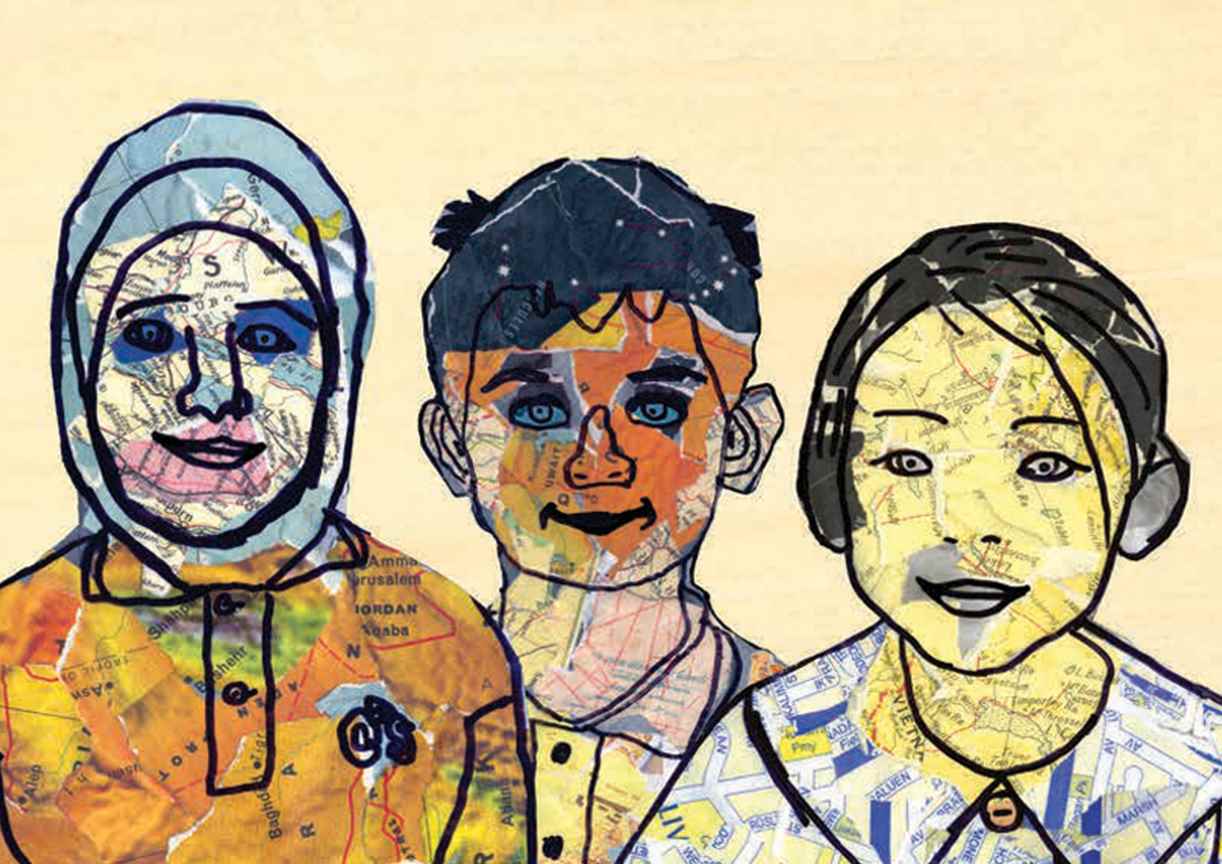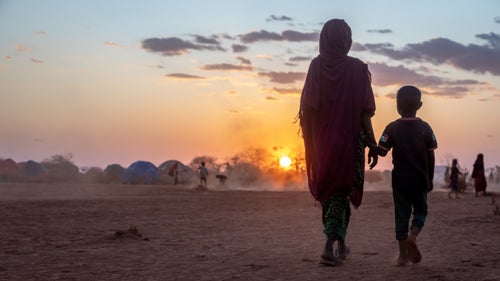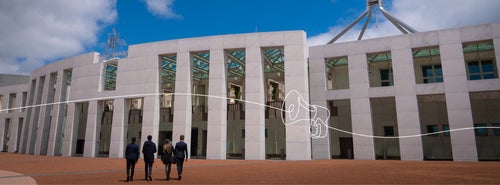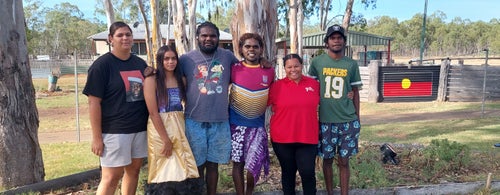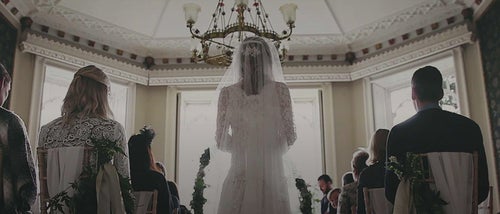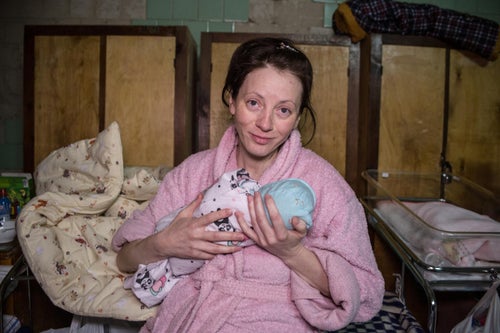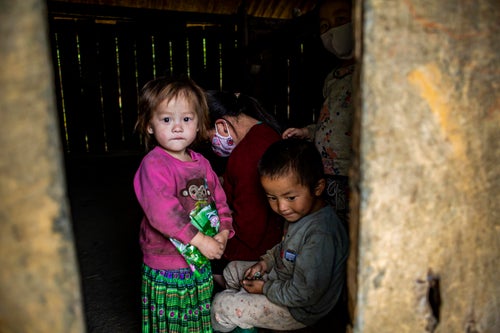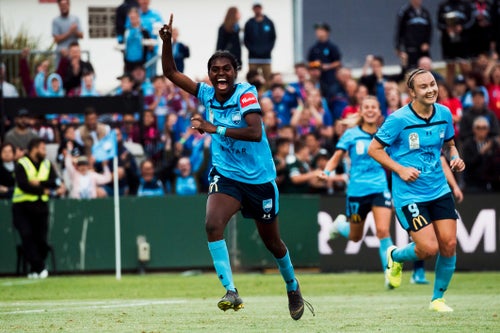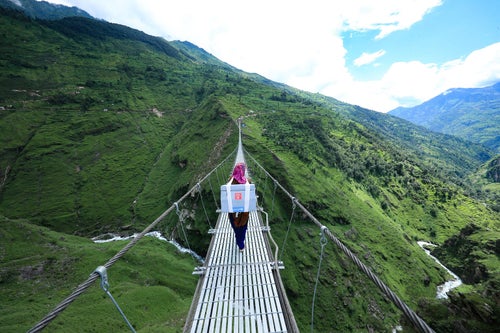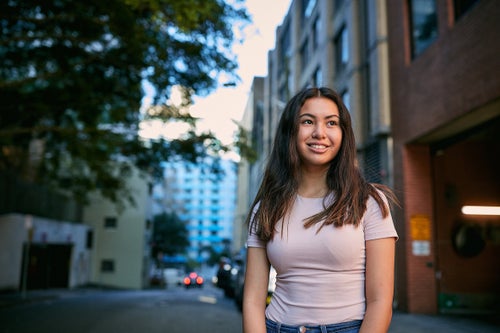There is almost always this tiny moment that occurs when children realise that you genuinely care about what they’re telling you. It is magic.
Over the last few months, my colleague and I travelled to 30 cities and towns all over the country. We met with over 500 children – as young as four and as old as 24 – whose personal characteristics and lived experiences make them some of the most vulnerable children in Australia.
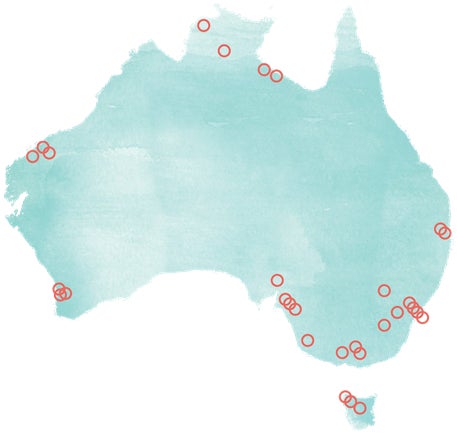
We made every effort to conduct consultations in situ, in the familiar environments where children and young people felt safe and felt like themselves.
This meant we drove three hours, one way, on a corrugated red dirt road to find a community of 300 people in remote Northern Territory. It meant running down suburban streets with no streetlights to catch the last train back into Adelaide. It meant that we played pool, Jenga, Hangman, and I was lucky enough to become a fairy princess for an hour (I was a witch at other times).
We sat with children under gum trees, had conversations on play equipment, alongside basketball courts, while lounging on floors, sitting on kitchen counters, and at Saturday morning market stalls. We had conversations over breakfast, lunch and tea, and sometimes cooked dinner with the children and young people we met.
"Aboriginal and Torres Strait Islander children told us they felt like they are 'just another statistic for funding'."
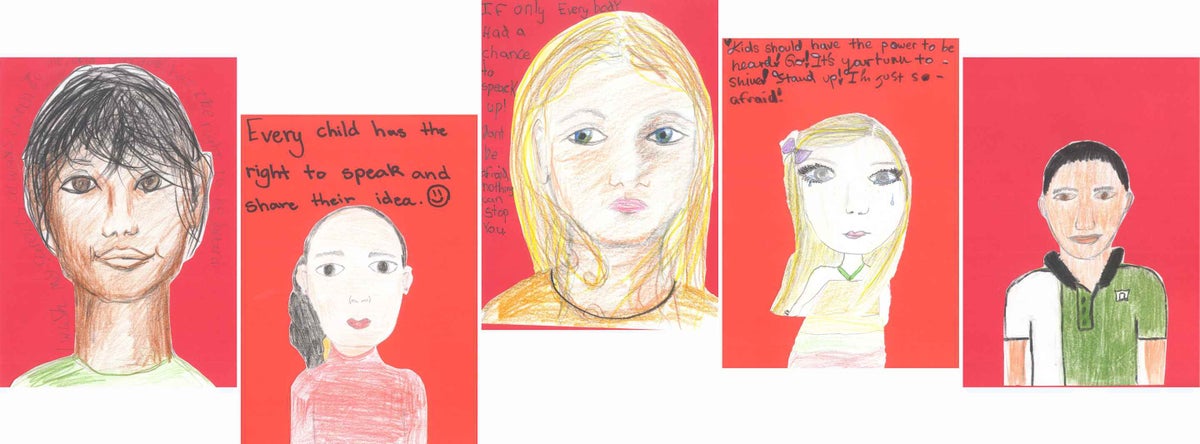
Aboriginal and Torres Strait Islander children told us they felt like they are ‘just another statistic for funding’.
Children with disability reflected on how it is ‘the attitudes of people and the assumptions they make that hold you back’, more than it is the actual illness or disability.
LGBT+ children spoke of going ‘back in the closet’ or being ‘forced to lead a secret life’, including having two separate resumes for job applications, ‘an LGBT-friendly resume, and a “safe” resume’, just to avoid the discrimination they described as a ‘national pass-time’.
Children from migrant backgrounds spoke of the racism they often contend with, saying: ‘Skin colour is such a, honestly, it’s stupid the way we hold it to such a high level.’
We heard from children and young people who have witnessed, experienced and lived with abuse and neglect, drug addiction, and homelessness. This included a 17-year-old girl in Adelaide, who sat with me for two hours and shared pasta recipes and landscape gardening tips. She told me: ‘I got kicked out and stuff and my dad left me with nothing, no money, no nothing… So I was living with my friends for a few months… If you don’t have a place to live at, what’s the point of living?’
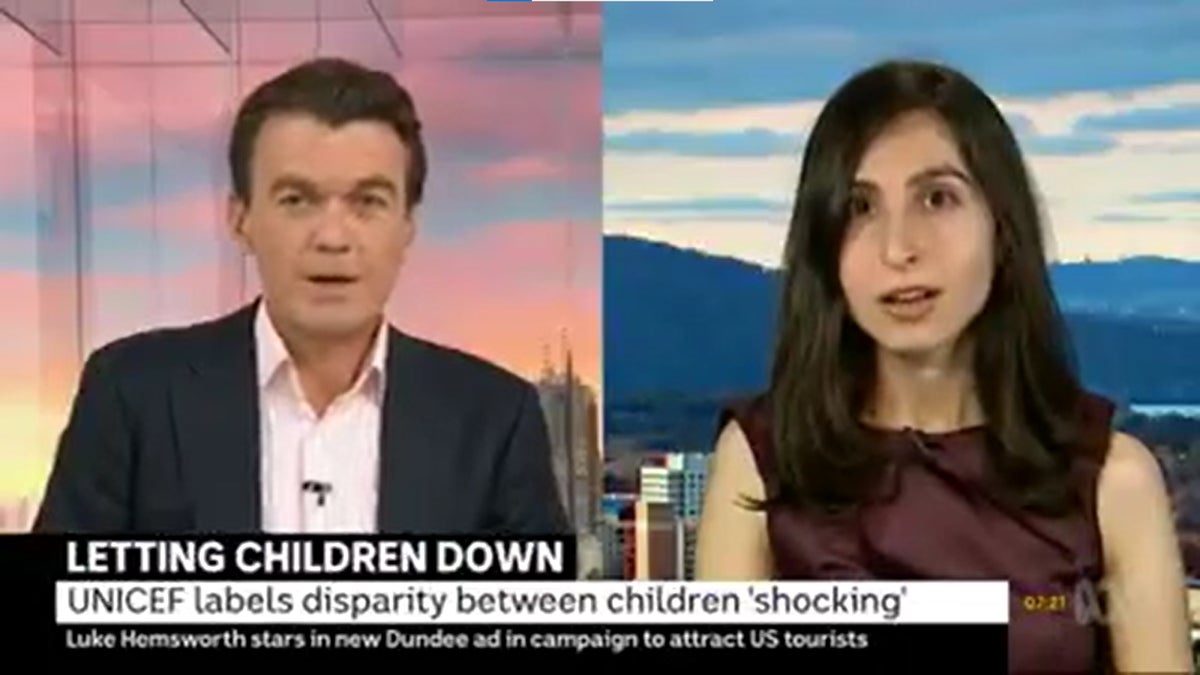
Letting Children Down
We met young mothers, children with mental health diagnoses and children who have made suicide attempts, including high school students in Canberra who described that ‘empty feeling – a feeling like you’re not worth being alive’.
We met children who have withdrawn from mainstream school, children who have been taken from their families and placed in care, and children in youth detention facilities. This included a group of the funniest boys in youth detention in Tasmania, one of whom fed me a very convincing account of being imprisoned as an underage terrorist… before I noticed the other boys in the room winking and realised I’d been deceived by a mastermind genius.
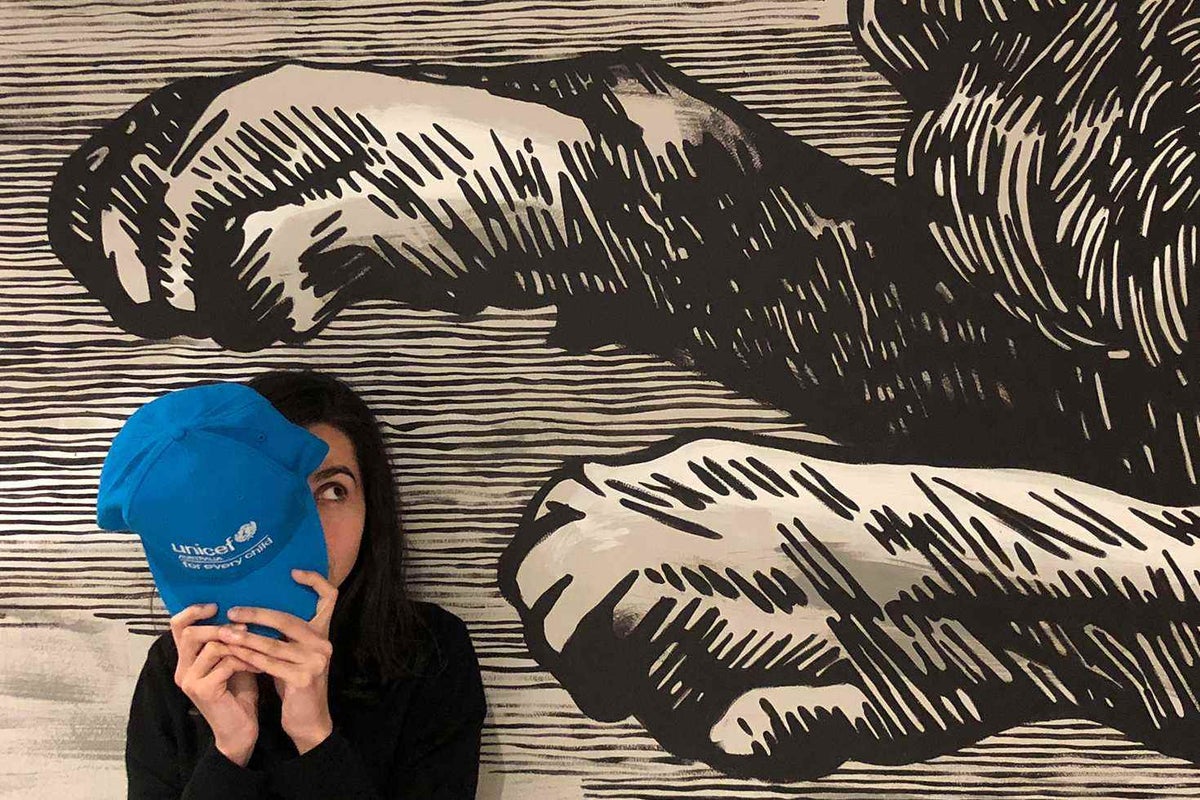
My colleague is notoriously bad at remembering names – anyone would be good in comparison – but he says that I possess a ‘freakish skill’ of being able to do so. So, it became a bit of a game when we’d meet a new group of children. Everyone in the room would introduce themselves and my colleague would then select a few children at random and I’d have to recite their names on the spot.
When I was wrong, it was often accompanied by awkward groans and laughter at just how embarrassingly wrong I was. But when I succeeded, with most or all of the children’s names right, it was so often accompanied by a look of total awe on their faces – I can’t be sure, but I do wonder if it’s because they felt acknowledged, or noticed, or valued for who they are.
"When I succeeded, with most or all of the children's names right, it was so often accompanied by a look of total awe on their faces..."
I can still remember so many of the names of the children we met. I can remember their personal stories, their resilience, and what it felt like to have their trust. And none of this is surprising – it’s the kind of thing you just can’t forget.
Australia owes all its children the best it has to give, and we are not giving them nearly enough. It’s time to make that fair chance for our children less of a gamble, and more of a reality for all children in Australia.
Click to read what Aussie kids have to sayRelated articles
Stay up-to-date on UNICEF's work in Australia and around the world



